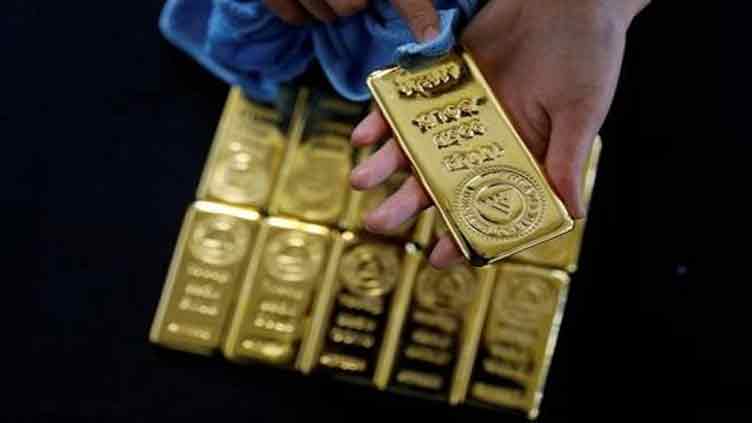Money laundering: Emirates Gold working on return of UAE responsible sourcing accreditation

Business
Certification was cancelled as the Middle East nation is under scrutiny over money laundering
LONDON (Reuters/Web Desk) – Dubai-based Emirates Gold, one of the largest gold refineries in the Middle East, said on Monday that it was working on getting back to the "good delivery" list, certification scheme that sets responsible sourcing rules.
The United Arab Emirates temporary removed Emirates Gold, which has been operating for 30 years, from its "good delivery" list from July 7, the government website showed last week.
"The suspension of the UAE Good Delivery accreditation is merely a temporary suspension and management are working with the Emirates Bullion Committee to resolve their concerns and have the accreditation reinstated," the refinery said in a statement.
The London Bullion Market Association (LBMA) last week also suspended Emirates Gold's affiliate membership until further notice "due to the outcome of the recent LBMA due diligence review."
The LBMA suspension has been purely a reaction to the UAE's suspension, Emirates Gold said in the statement, adding that the refinery strictly follows the LBMA responsible sourcing requirements and the UAE Economy Ministry anti-money laundering rules.
Earlier, the UAE had blocked Emirate Gold from delivering into Dubai’s bullion market, as the Middle Eastern nation comes under greater scrutiny as a hub for money laundering.
Emirates Gold DMCC, which has refined and manufactured gold in the Gulf commercial hub for more than three decades, has been suspended from the UAE Good Delivery list of approved refineries, read an official document,
Membership on the list is conditional on refiners meeting anti-money laundering and responsible sourcing standards that grant them the right to deliver into the nation’s gold market.
Emirates Gold’s suspension from two of the world’s largest gold markets highlights the growing scrutiny that the UAE is coming under to clean up its role in facilitating money laundering and illicit activity.
Focus on Dubai’s role in facilitating gold smuggling has also been stoked by heightened concerns that it provides a route to market for Russian gold, which has been targeted in sanctions by the EU, Switzerland and the US.
Some Swiss trading houses have set up subsidiaries in the UAE to continue trading Russian commodities in a manner that they consider to be legal.
A person familiar with the matter said the UAE federal government, which took oversight of the gold trade in 2021, would review the situation at the end of the year and make a final decision on whether to strip Emirates Gold of its accreditation.
The suspension comes months after Al-Jazeera’s “Gold Mafia” investigation on the smuggling of gold from Zimbabwe, allegedly channelled through the UAE, which implicated some of the African nation’s most senior politicians.
The gold industry is susceptible to money laundering because its key commodity is valuable, can be melted down and re-casted to mask its origin. It is also accepted as a method of payment outside the US dollar financial system.
Last year, the Financial Action Task Force, the global financial crimes watchdog, placed the UAE on its grey list in a blow to its reputation.

